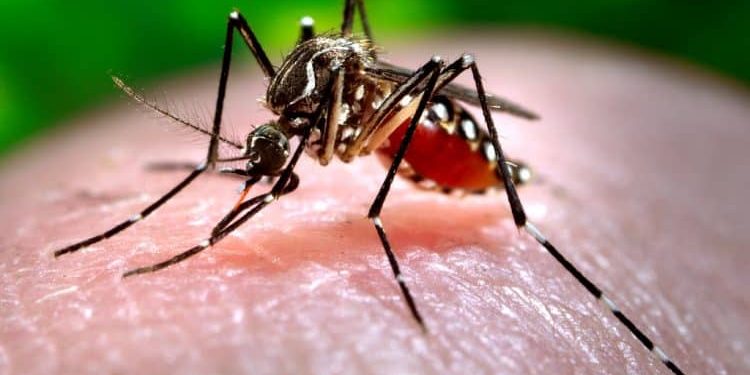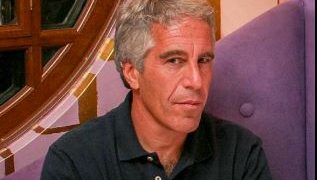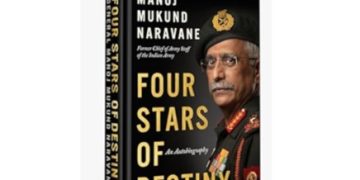Johannesburg: Curious Kids is a series for children in which we ask experts to answer questions from kids.
What would happen if all the mosquitoes in the world disappeared?
Most people in the world absolutely hate mosquitoes. Personally, I don’t mind them – they don’t really bite me, so they do not bother me that much.
That is not the case for most people, who cannot stand the itchy bites and annoying noise mosquitoes make.
Because of the work I do on malaria, I even spend my time taking care of them and keeping them alive so my colleagues and I can research them.
This is serious, important work because mosquitoes are more than just annoying: they are the most dangerous animals in the world. No other animals are responsible for more people’s deaths – mosquitoes spread a number of deadly diseases.
So, would it not be better for the world if all these terrible animals just disappeared?
What are mosquitoes?
To be able to start answering the question, we need to understand what mosquitoes are. Mosquitoes are actually a large group of insects. They are flies, which means the adults look completely different to baby mosquitoes, known as larvae.
The adults also have only two wings, unlike bees and wasps which have four. There are many different types of biting flies. All of them need to take blood from animals – including humans – to be able to lay eggs.
Even though there are many biting flies, such as horseflies and tsetse flies, mosquitoes are by far the most common and widespread.
What we call mosquitoes are actually 3,500 different types of insects, and they all behave differently. Most are active at night, but some are active during the day.
People may not realise it, but only female mosquitoes bite us, because they need our blood so they can lay eggs. Male mosquitoes drink nectar – a sugary juice made by plants – to survive.
If a female mosquito takes blood from someone who is infected with certain types of virus or with a parasitic disease such as malaria, she can spread the disease to someone she bites later.
Of all these mosquito species, only the females of about 40 types are truly dangerous because they can pass on diseases that make people sick.
So, of all the mosquitoes in the world, there are very few that are really dangerous. The problem is that these few types of mosquitoes spread many dangerous diseases – like malaria.
More than 200 million people, most of them here in Africa where you and I live, get the disease every year. If only the mosquitoes that caused malaria disappeared, more than 500,000 lives would be saved per year, most of them children who are younger than five.
If just these malaria-spreading mosquitoes disappeared, the world would be much healthier.
It may sound like it would be better for us all if mosquitoes disappeared. But that’s not the case, because mosquitoes serve an important purpose.
Food for animals
Different kinds of animals, including humans, form what we call ecosystems: we all need each other, in different ways, to survive. And even mosquitoes are needed in ecosystems.
There are billions of mosquitoes. That is a lot of insects that could be another animal’s supper. Now, we do not know of any animal that only eats mosquitoes, but there are lots of mosquitoes and they are easy to hunt, so many animals eat them.
Baby mosquitoes live in water and are the favourite food of the mosquito fish. Frogs, dragonflies, ants, spiders, geckos and bats, and some other animals, also eat mosquitoes.
If all mosquitoes disappeared, many animals would have a lot less food. Imagine if all the rice in the world disappeared. Nobody eats only rice, but if rice disappeared tomorrow, a lot of people would have a lot less food.
Most mosquitoes do not bite humans (they get blood from other animals) and some types of mosquitoes don’t bite at all. Male mosquitoes can also help plants breed by pollinating, giving the plants the chance to spread and grow in different places. They do not do it as well as bees, but they are definitely important for some plants such as the Blunt-leaf orchid.
Other people have asked the same question you have, Niko, and scientists think that removing every single mosquito from the world wouldn’t have a bad overall effect on the environment.
But none of us are sure what will happen to small ecosystems and whether these would be better off without mosquitoes.
There’s also the worry that if we got rid of all mosquitoes they could be replaced by something worse, like another biting insect that might cause more disease or bite more painfully.
The good news is that clever scientists are working very hard all over the world to figure out how we can deal with the mosquitoes that are dangerous for humans. We may not get rid of all the mosquitoes, but we can help protect humans from the ones that spread disease and make us sick.
By Shüné Oliver, Medical scientist, National Institute for Communicable Diseases
The Conversation






































